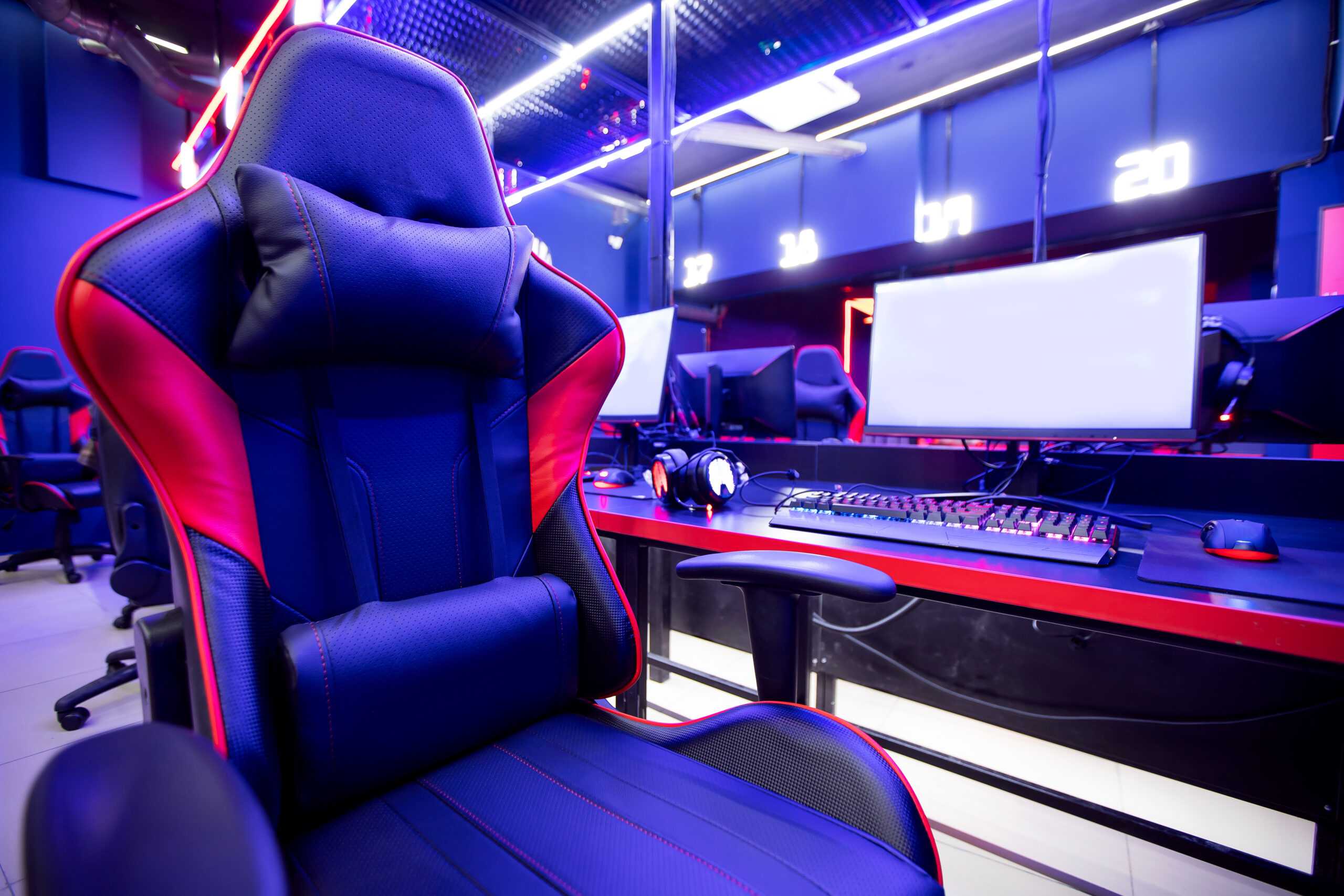Last fall, undergraduate enrollment fell 4.4% in the US, and spring enrollment has continued the downward trend, according to a recent higher education report. The pandemic has been brutal for most colleges, but for many institutions, esports can help attract new students while providing extracurricular activities and facilitating careers in an emerging industry. Esports has effectively become a promotional or recruitment tool for an increasing number of colleges in recent months.
Nationwide, the National Association of Collegiate Esports has over 150 member schools, many of which provide scholarships. Harrisburg University in Pennsylvania was the first to offer a full-ride esports scholarship, offering 22 students full tuition each year, complementing its degree in esports management. Esports is also the university’s first varsity sport.
From a venue standpoint, several colleges have looked to add new esports centers or campuses. Florida Southern College has launched a new esports arena for its varsity tournaments, the University of St. Thomas in Houston established its esports program last Fall and is opening a new esports center this summer, and Stockton University in NJ has received support from the New Jersey Economic Development Authority (NJEDA) to establish an esports Innovation Center on its Atlantic City campus. NJEDA is contributing $200,000 with the goal of building up Atlantic City as an esports hub.
A focus on esports arenas is not only potential sponsor bait, but some professional esports orgs may wish to take advantage of more robust college facilities for training and events, as Gen.G has recently done, relocating its NBA 2K League team to the University of Kentucky.
Ultimately, esports offer colleges a better chance at engaging a younger audience and its student body. Traditional sports viewers, including collegiate, have been trending older. The average age of a college football follower is 41 years old, whereas the average esports follower is 10 years younger at 31, according to Interpret’s Esports Replay™.






